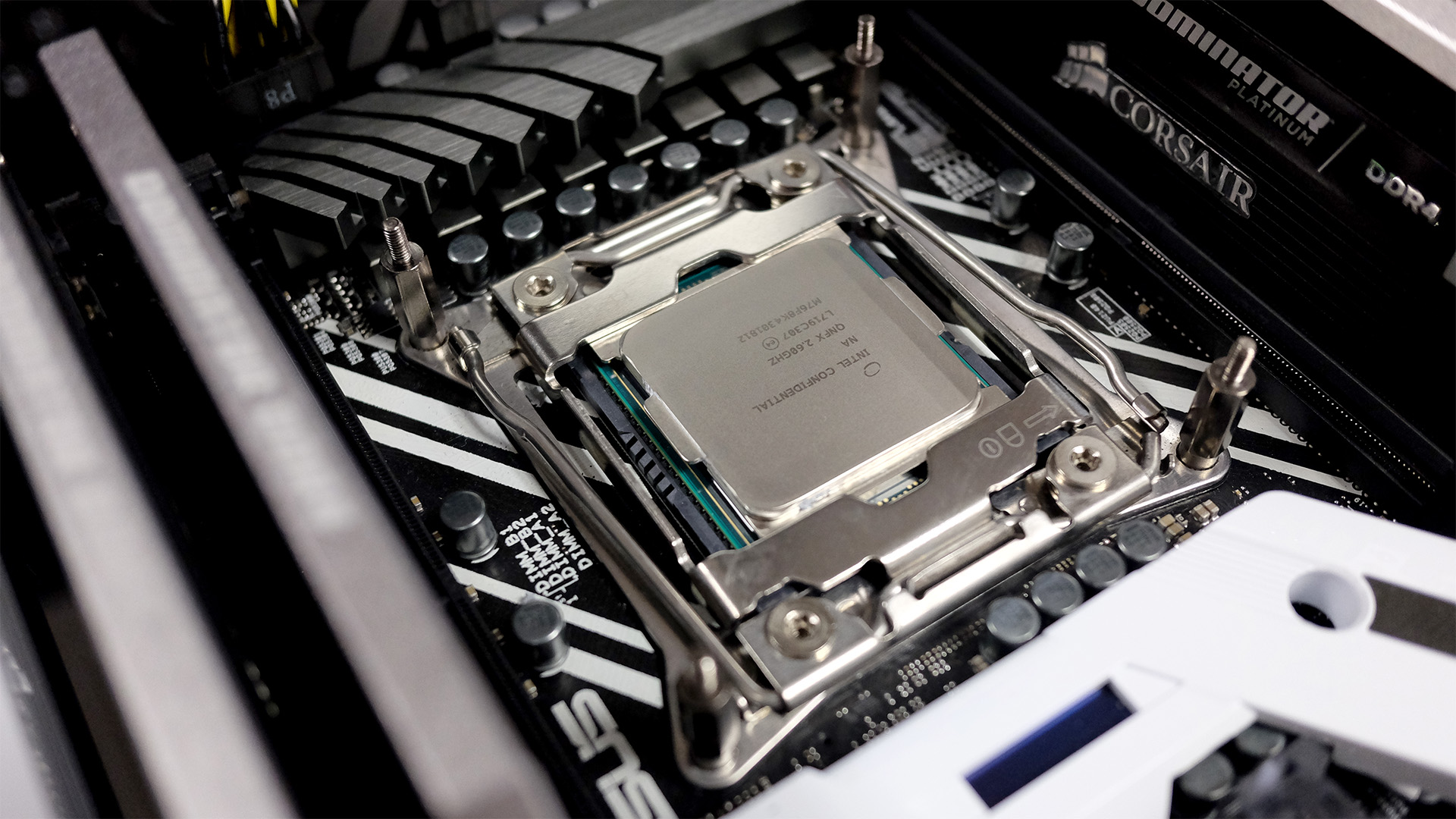Did Intel leave a huge security hole in your brand new PC?
Skylake or later processors are affected by a range of flaws

There’s a huge and extremely worrying range of flaws in newer Intel processors which could allow hackers to take full control over the relevant machines – with millions of PCs potentially affected.
After a severe exploit was uncovered by Mark Ermolov and Maxim Goryachy, Moscow-based security experts who work for Positive Technologies Research, Intel has admitted that some 10 vulnerabilities exist in the Intel Management Engine, Trusted Execution Engine and Server Platform Services.
As mentioned, these flaws can be leveraged to remotely execute commands, take control of machines and pilfer precious data, and they affect all of Intel’s Core series of processors from Skylake (6th-generation) onwards, including the firm’s latest 8th-gen CPUs.
Many Xeon as well as Atom, Pentium and Celeron processors are also hit by these gremlins. Intel lists the full details of chips which are affected here, and also offers a detection tool to check whether your system is subject to these gaping holes (although note that the utility is designed for businesses, not consumer users).
As Ars Technica reports, the majority of the vulnerabilities (six of them) affect the Intel Management Engine, an independent subsystem on the firm’s processors which Intel says is designed for remote admin, but which has long been criticized as a potential backdoor in some quarters.
Minix mayhem
There’s been a lot of controversy about the Management Engine of late, because it was found to run a version of Minix – a ‘mini-Unix’ OS originally created by Andrew Tanenbaum for educational purposes, but apparently adapted by Intel for its processors.
Much of the controversy has bubbled around the fact that the user has no access to this Minix OS, yet it has full access to the host PC, as Network World pointed out earlier this month. And this has long been feared as a big security risk – and now proven so with the discovery of these exploits that can be executed via the Management Engine.
Are you a pro? Subscribe to our newsletter
Sign up to the TechRadar Pro newsletter to get all the top news, opinion, features and guidance your business needs to succeed!
This really is quite mind-boggling stuff, topped by the fact that even Tanenbaum, the creator of Minix, didn’t realize that Intel was using his OS inside its chips in such a manner (according to Maxim Goryachy).
Naturally, there’s a big scramble underway to patch the vulnerabilities, and Intel suggests that affected users should check for new firmware from their PC manufacturer.
Lenovo is apparently going to have patched firmware rolling out tomorrow, with Dell working on the problem as well, but there’s no ETA regarding the latter’s patch. Other PC manufacturers are doubtless beavering away, too (you would hope).
Meanwhile, in the broader picture going forward, it’ll be interesting to see how Intel fights the flames which will doubtless be raging around the issue of exactly what is going on inside the firm’s CPUs when it comes to the Management Engine.
Modern operating systems and processors should be built to be increasingly secure, of course, but this is clearly a huge step backwards for Intel on the security front.
- We discuss who wins in the AMD vs Intel war of the CPUs
Darren is a freelancer writing news and features for TechRadar (and occasionally T3) across a broad range of computing topics including CPUs, GPUs, various other hardware, VPNs, antivirus and more. He has written about tech for the best part of three decades, and writes books in his spare time (his debut novel - 'I Know What You Did Last Supper' - was published by Hachette UK in 2013).